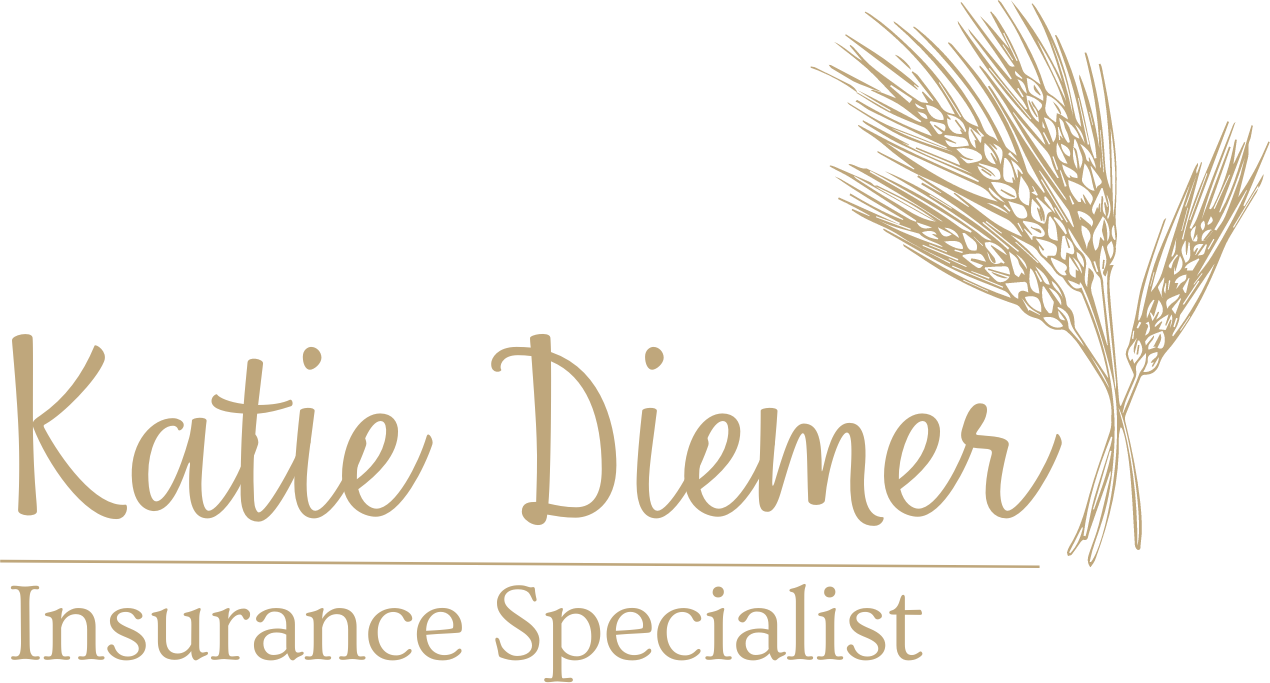Navigating the world of insurance can often feel like deciphering a complex code, especially for beginners. The industry is rife with jargon and technical terms that can be confusing at first glance. But fear not! In this beginner’s guide, we will unravel the mysteries of insurance policy terms and help you make sense of the fine print. Let’s dive right in.
Policy Premiums
What is a Premium?
When you purchase an insurance policy, you agree to pay a regular fee, known as a premium, to the insurance company. This fee can be paid monthly, quarterly, annually, or in other intervals, depending on your policy. The premium is the cost you bear to maintain your insurance coverage.
Deductibles
A deductible is the amount you must pay out of pocket before your insurance coverage kicks in. For example, if you have a $500 deductible and file a claim for $1,000, you will pay $500, and the insurance company will cover the remaining $500. Choosing a higher deductible can lower your premium but means you’ll pay more in the event of a claim.
Policy Coverage

Coverage Limit
The coverage limit, often referred to as the policy limit, is the maximum amount your insurance company will pay for a covered loss or claim. It’s crucial to understand this limit as it can impact your financial responsibility in case of a significant loss.
Types of Coverage
Insurance policies typically offer different types of coverage, such as liability, collision, comprehensive, and more. Liability coverage pays for damages you are legally responsible for, while collision and comprehensive coverage protect your vehicle in case of accidents or other incidents.
Policy Terms
Exclusions
Exclusions are the specific events or circumstances that your insurance policy does not cover. It’s vital to review these exclusions to understand the limitations of your coverage fully.
Riders
Insurance riders, also known as endorsements, are optional add-ons to your policy that provide additional coverage for specific items or situations. For example, you can add a rider to cover expensive jewelry or to extend your liability coverage.
Claims Process
Filing a Claim
When an incident covered by your insurance policy occurs, you need to file a claim with your insurance company. This initiates the process of assessing the damage and determining the compensation you are entitled to.

Adjuster
An insurance adjuster is a professional responsible for evaluating the damage and losses associated with a claim. They work on behalf of the insurance company to determine the amount of compensation you’ll receive.
Policy Renewal
Renewal Period
Insurance policies are typically valid for a set period, often six months or a year. When your policy is about to expire, you’ll have the option to renew it. It’s essential to review your policy before renewal to ensure it still meets your needs and budget.
Premium Changes
Your premium may change upon policy renewal. It can increase due to factors like claims history, changes in coverage, or general market conditions. Be prepared for potential premium adjustments.
Coverage Terms
Term Life Insurance
Term life insurance provides coverage for a specified period, such as 10, 20, or 30 years. If you pass away during the term, your beneficiaries receive a death benefit. If you outlive the term, the coverage expires, and you may need to purchase a new policy.

Whole Life Insurance
Whole life insurance, on the other hand, provides coverage for your entire lifetime. It also includes a cash value component that grows over time, allowing you to borrow or withdraw funds if needed.
Final Thoughts
Understanding insurance policy terms is crucial to making informed decisions and getting the most out of your coverage. This beginner’s guide should serve as a helpful reference as you navigate the often perplexing world of insurance.
Remember to review your policy thoroughly, ask questions, and seek guidance from a trusted insurance agent if you’re unsure about any aspect of your coverage. With a little knowledge and the right resources, you’ll be better equipped to protect yourself and your assets in the face of life’s uncertainties.
Tags: Insurance, Policy Terms, Premiums, Deductibles, Coverage, Exclusions, Riders, Claims Process, Adjuster, Policy Renewal, Coverage Terms, Term Life Insurance, Whole Life Insurance.
In conclusion, insurance jargon may seem daunting at first, but with some patience and a willingness to learn, you can decode the terminology and make informed decisions about your coverage. Don’t hesitate to seek clarification from your insurance provider or agent if you have any questions, and remember that being well-informed is your best tool for securing the protection you need. Happy insuring!

